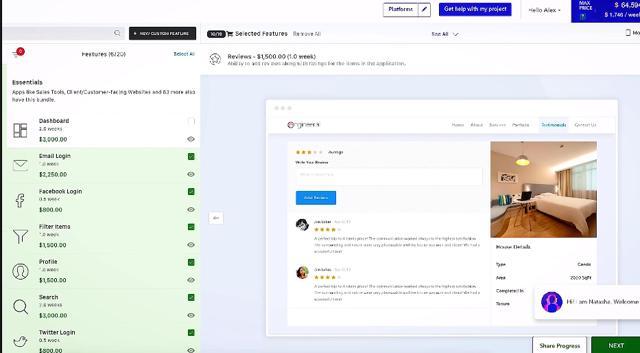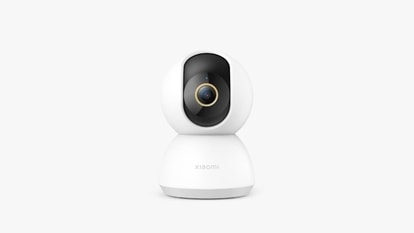This startup uses ‘human-assisted AI’ to build apps, but there’s more to the story
Builder.AI describes itself as a human-assisted AI platform that makes building and running software easier for end-users.

"We had to grow up overnight." Builder.AI CEO and founder Sachin Dev Duggal clearly remembers the 2019 WSJ report that said the company was exaggerating claims of using artificial intelligence to build applications.
London and LA-based Builder.AI, then known as Engineer.AI, had made headlines in 2018 after it announced it will make "software creation as easy as ordering a pizza." An 'artificial intelligence-driven' platform gave the impression that the platform used an AI to instantly deliver apps. The WSJ report citing the company employees said the company didn't use AI to "assemble codes" for apps as it claimed.
Duggal says his company never said the process was 100% automated but stressed on the "human-assisted AI." He blamed "disgruntled" people for the negative impression and that the company had moved on from the issue.
Builder.AI describes itself as a human-assisted AI platform that makes building and running software easier for end-users. The platform essentially has an interactive dashboard with preset templates that allow users to quickly enter their requirements for their app. Once entered and made the request, Builder.AI's crowd-sourced pool of developers builds the application which users can regularly keep a track of.
In 2018, the company raised $29.5 million in Series A funding, led by Lakestar and Jungle Ventures, with participation from SoftBank's DeepCore.
ALSO READ: New AI tool predicts quantum system behaviour by looking at network structure
Duggal says his company aims to make it easier for small and medium enterprises to get their own applications. "We always have this thesis that 60% of all software is common code…," he said while showing a dashboard which had preset templates of popular apps such as Uber, Amazon, Flipkart, and more.


He points out that features such as email log-in and profile view are quite common in apps.
"If you're an average person that wants to build an idea…, you're not going to remember all those features, you're going to say I want to build an app like Uber or an app like Ola. And the expectation is the other person understands what that means," he added.
Users are given different choices for plans and an estimate of the delivery of their projects.
On asked whether these codes are copied, Duggal clarifies that the company has fully paid for the libraries and built features from scratch.
"80% of software is no secret sauce. It is the same stuff that's being used every single time. There's nothing secret in how you log into Google. There's no secret how you get notifications so we can reduce the cost of all the non-secret stuff by 1/10th," he explained.
He also explained how the apps developed by the company and its pool of crowdsourced developers ensure they aren't identical to each other. Citing an example of chat apps, he said, "…The first step of the project from the network is to find a designer who is very good at chat applications. The designer works to create a custom UI. But, the custom UI is pretty easy when you know the flow… the chat apps will not look the same but will have standardized delivery quality."
ALSO READ: IIT-Madras develops AI tech that converts brain signals into language
"…when we're working with dev shops, we know the infrastructure between the places that they work with is consistent. And we don't need so many. The most important, vanity metric is it's almost 80,000 engineers amongst them. So we're able to grade as we need. But we grade each person and we choose which developer works, our algorithm does that."
Builder.AI has partnered with 142 companies around the world including India and Easter Europe. The company is aiming at markets such as India, Middle East, UK, Japan, and the US.
On security, the company said, "We take security very seriously when it comes to our own internal as well as customer data. To ensure we are protected from bad actors, we use a variety of tools and processes to secure our infrastructure at multiple levels. As a rule of thumb, all of our persistent databases use encryption at rest and our ephemeral databases use encryption in transit. Our production environments all use a combination of jump/bastion hosts and private subnets to ensure they are not exposed to the public internet."
"Furthermore, all of our network configuration (ports and IP access) adheres to the principle of least access, meaning that only the minimum amount of ports are opened and IPs are authorized for access, as well as encrypted wherever applicable. We also, follow a regular update schedule for our server packages to keep them up to date on security patches," it added.
Catch all the Latest Tech News, Mobile News, Laptop News, Gaming news, Wearables News , How To News, also keep up with us on Whatsapp channel,Twitter, Facebook, Google News, and Instagram. For our latest videos, subscribe to our YouTube channel.


























